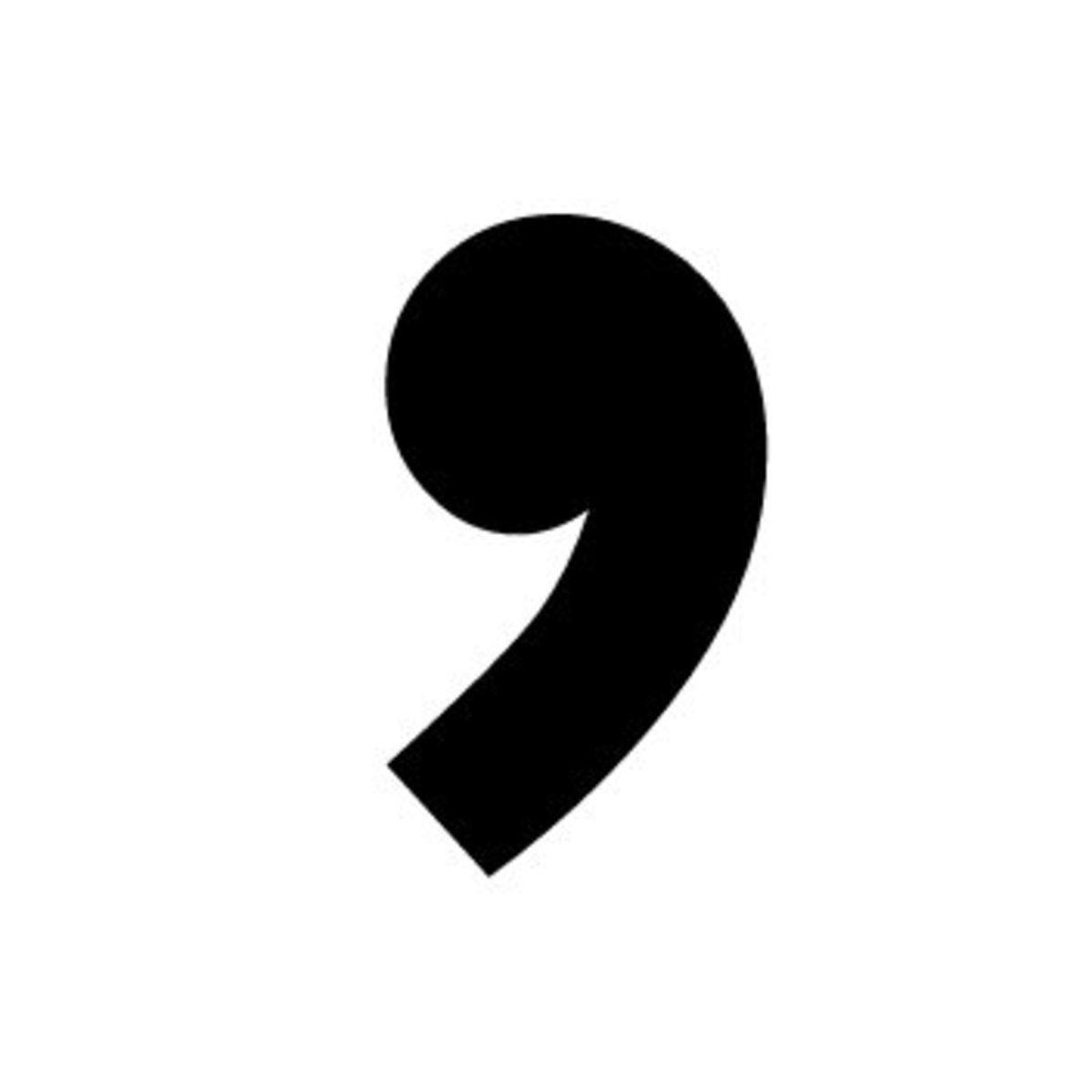- HubPages»
- Books, Literature, and Writing»
- Commercial & Creative Writing»
- Word Usage & Grammar
The English Language: Eight Parts of Speech
Parts of Speech
The following is a guide to understanding the different parts of speech and when they are to be used. Understanding these basic elements of the English language is essential to speaking and writing effectively and eloquently.
The parts of speech are your tools by which you can build beautiful structures which, in the right hands (and minds) can inspire many wonderful things.

Nouns
These words are the meat of the statement. Nouns are those words which reside in the following categories:
- Person:
- Place
- Thing
Proper nouns are those nouns which refer to a very specific person, place or thing (and are most often not allowed to be used in a game of Scrabble).
All proper nouns must be capitalized. Below are some rules:
- Names of people are always proper nouns and, therefore, should always be capitalized
- Names of products are very likely to be proper nouns, and should be capitalized. (See "Scrabble" above.)
- Names of specific places, like "Washington D.C." or "Philadelphia" are proper nouns, whereas "the park" and "the beach" are not.
Verbs
Verbs, along with nouns, form the backbone of your sentence. While the noun supplies the "who", "what" or "where" involved, it is useless unless the verb is there to tell you what exactly happened to that person, place, or thing.
Verbs can be described as action words, as they serve no other purpose than to convey action. Another very important feature of verbs is that they can convey actions that have already occurred, are occurring presently, occur on a regular basis, or will occur in the future.
Let's use Bob as our example:
- Bob ran.
- Bob runs.
- Bob is running.
- Bob will run.
- In example number one, the verb "to run" is used in the past tense form, "ran", to show that, at some point in the past, Bob ran.
- In example number two, the verb "to run" is used in the present tense to show that Bob makes it a habit to run.
- In example number three, the verb "to run" is used in the present progressive tense to show that Bob is running at the present time.
- In example number four, the verb "to run" is combined with the word "will" to convey that at some point in the future, Bob is going to run.
(See the Helpful Hubs section below for an in-depth article about how to use the twelve different combinations of verb tenses and forms!)
Pronouns
Pronouns make the day simpler for every writer and speaker.
A pronoun is a special noun which takes an assumed meaning based on the placement in the paragraph. Without pronouns, sentences could look something like this:
- Bob owns a car. Bob washes Bob's car every day to keep it clean.
Instead of using "Bob" and "car" redundantly, we can use pronouns to simplify the sentence as follows:
- Bob owns a car. He washes it every day to keep it clean.
Above, we replaced "Bob" with "He", and "car" with "it". However, the second sentence only makes sense in reference to the first.
- He washes it every day to keep it clean.
The above sentence yields questions like "Who washes what every day to keep it clean?".
Be very careful to have defined your pronouns in a previous sentence.
(See the Helpful Hubs section below for an in-depth article about how to use pronouns efficiently and effectively!)
Adjectives
Adjectives are important parts of speech which answer questions about the subject of the sentence, or any other noun in the sentence.
In the above sentence, the adjectives are as follows:
- important
- other
Which parts of speech? The important parts of speech. Which nouns in the sentence? Other nouns in the sentence.
For examples, see below. (adjectives are underlined)
- Bob owns a car.
- Bob owns a red car.
- Bob owns a shiny, red car.
- Bob owns a bright, shiny, red car.
Note that in the third and fourth examples, a comma is placed between the adjectives. This is a technique called "separating adjectives". Consecutive adjectives must always be separated with a comma.
Any word used to describe a noun more fully is an adjective. Following are some categories of words which are always adjectives:
- Colors
- Easy/Difficult
- Simple/Complex
- Big/Small
- Round/Squarish
- Flat/Three-dimensional
- et cetera
Adverbs
Adverbs are important parts of speech which answer questions about a verb or adverb in a sentence. Adverbs are used to define how something was done.
- Bob and Lisa danced.
- Bob and Lisa danced slowly.
- Bob and Lisa danced incredibly slowly.
- Bob and Lisa danced incredibly and beautifully slowly.
Sentence number one is a complete sentence, but it is not very descriptive.
In sentence number two, the reader is given to understand a bit more of the goings on of Bob and Lisa. How did they dance? They danced slowly. In this case, the adverb "slowly" is modifying the past-tense verb "danced".
In sentence number three, the reader is given to understand more about how slowly they danced. In this example, the adverb 'incredibly' is modifying the adverb 'slowly'.
The fourth sentence shows that several adverbs may be used in succession.
Prepositions
Prepositions are small parts of speech that pack quite a punch. Without them, there would be no way to discuss the relationship between objects, actions or ideas.
Some Prepositions are as follows:
- above
- below/beneath
- around
- before
- after
- between
- by
- concerning
- despite
- down
- up
- following
- preceding
- for
- from
- in
- out
- inside
- outside
- like
- unlike
- of
- off
- on
- regarding
- than
- to
- with
- within
- without
While the list above is by no means exhaustive, it is nevertheless important to know which words serve as prepositions, for it is never proper to use a preposition to end a sentence.
See the following examples of improper sentences:
- What did you do that for?
- I needed something to hold on to.
- I needed a game to play with.
The above sentences each end with a preposition. The proper way to phrase these sentences are as follows:
- For what purpose did you do that?
- I needed something on which to hold.
- I needed a game with which I could play.
Conjunctions
Below is a list of the four simple conjunctions in the English language.
(Note, these are called coordinating conjunctions)
- And
- But
- Or
- So
Beginning at the top of the list, the word "and" can be used to join two noun phrases, or two verbs, together as in the following examples. (Conjunctions underlined; noun phrases and verbs italicized)
- When I went to the store, I bought two apples and a cheese steak.
- Last night, my friends and I played karaoke and danced.
- For dinner last night, I ate mashed potatoes, chicken and meatloaf.
The word "and" is used to join items together which are all to be included, but when only one option of a set is allowed or required, the word "or" is the correct choice, as can be seen in the following examples:
- I can only buy this or that.
- I can play either the guitar or the piano at the concert.
The word "but" is used to join two complete sentences together while conveying a definite split between two ideas, as follows:
- He can play the piano very well, but he sometimes has trouble finding the right chords.
- We could play Dance Dance Revolution, but I'd rather play Guitar Hero.
To join two complete sentences together with a similar idea, the word "so" is the best choice, as follows:
- I didn't have enough money to pay for gasoline, so I suppose I'll be riding my bicycle to work.
- My friend gave me a wonderful present for my birthday this year, so I plan to send them a nice thank-you card.
(At some point in the near future, I plan to write an in-depth article about the effective usage of conjunctions, and the many varieties of conjunctions, such as correlating and subordinating conjunctions. Stay tuned!)
Interjections
Of all eight parts of speech, interjections are probably the least useful element. Interjections are used to show emotion or excitement, and are always punctuated with an exclamation mark. Exclamations are not complete sentences, but, rather, words or phrases which convey emotion, as follows:
- Wow!
- Ouch!
- How wonderful!
- Amazing!
- Terrible!
Quiz time?
Now that you've learned the information, why not take a quiz and see how well you fare?
Find it at the top of my "Helpful Hubs" section, below.
Poll time!
Did you find this guide to the eight parts of speech helpful or informative?
Helpful Hubs
- Quiz: The Eight Parts of Speech
The quiz below asks questions about the different parts of speech in the English language. Best of wishes! Please follow the instructions, below: For best results, please do not cheat. This Quiz is for... - The English Language: Using Pronouns Efficiently
Pronouns make the day simpler for every writer and speaker. A pronoun is a special noun which takes an assumed meaning based on the placement in the paragraph. Without pronouns, sentences could look something... - The English Language: Verb Tenses
There are three verb tenses which can be used to describe events in the past, present and future, and are called the past, present and future tenses, respectively. There are four forms, which, when combined...








